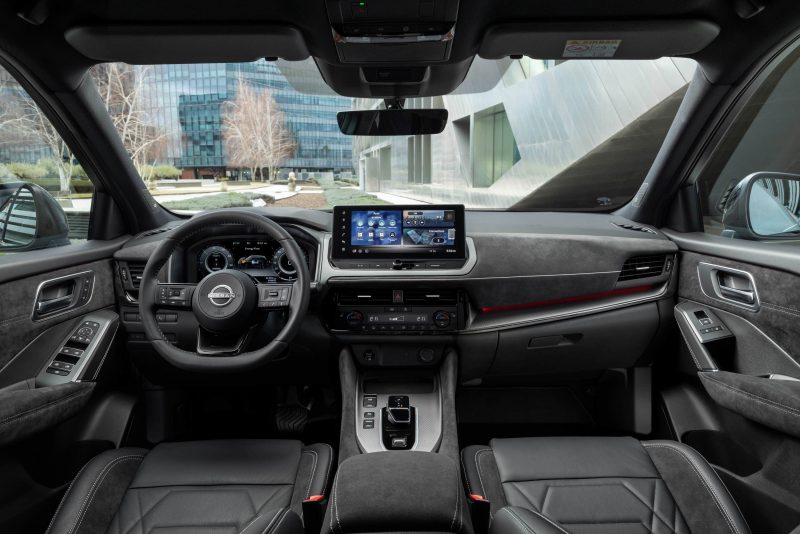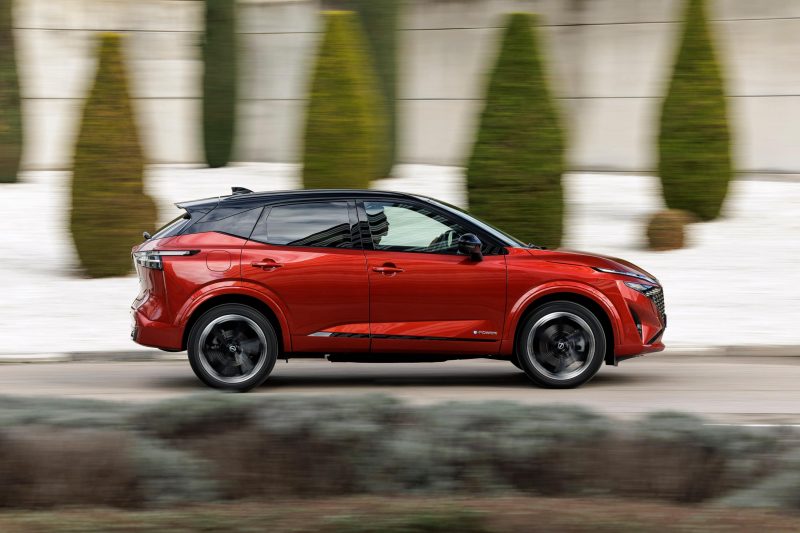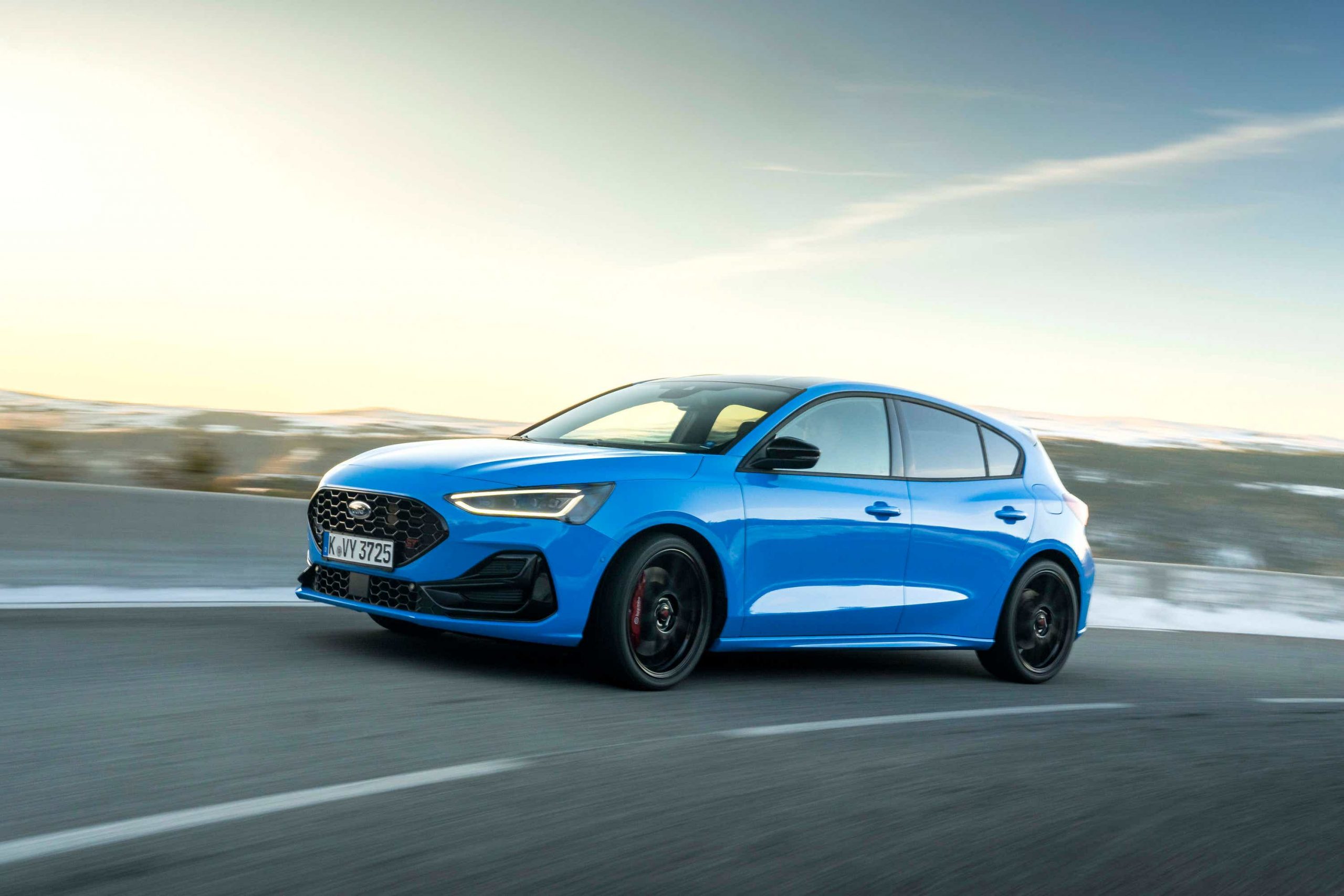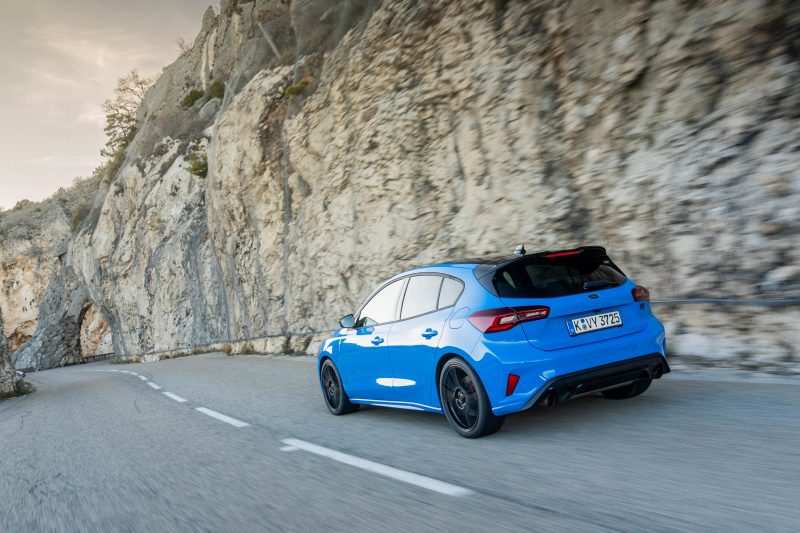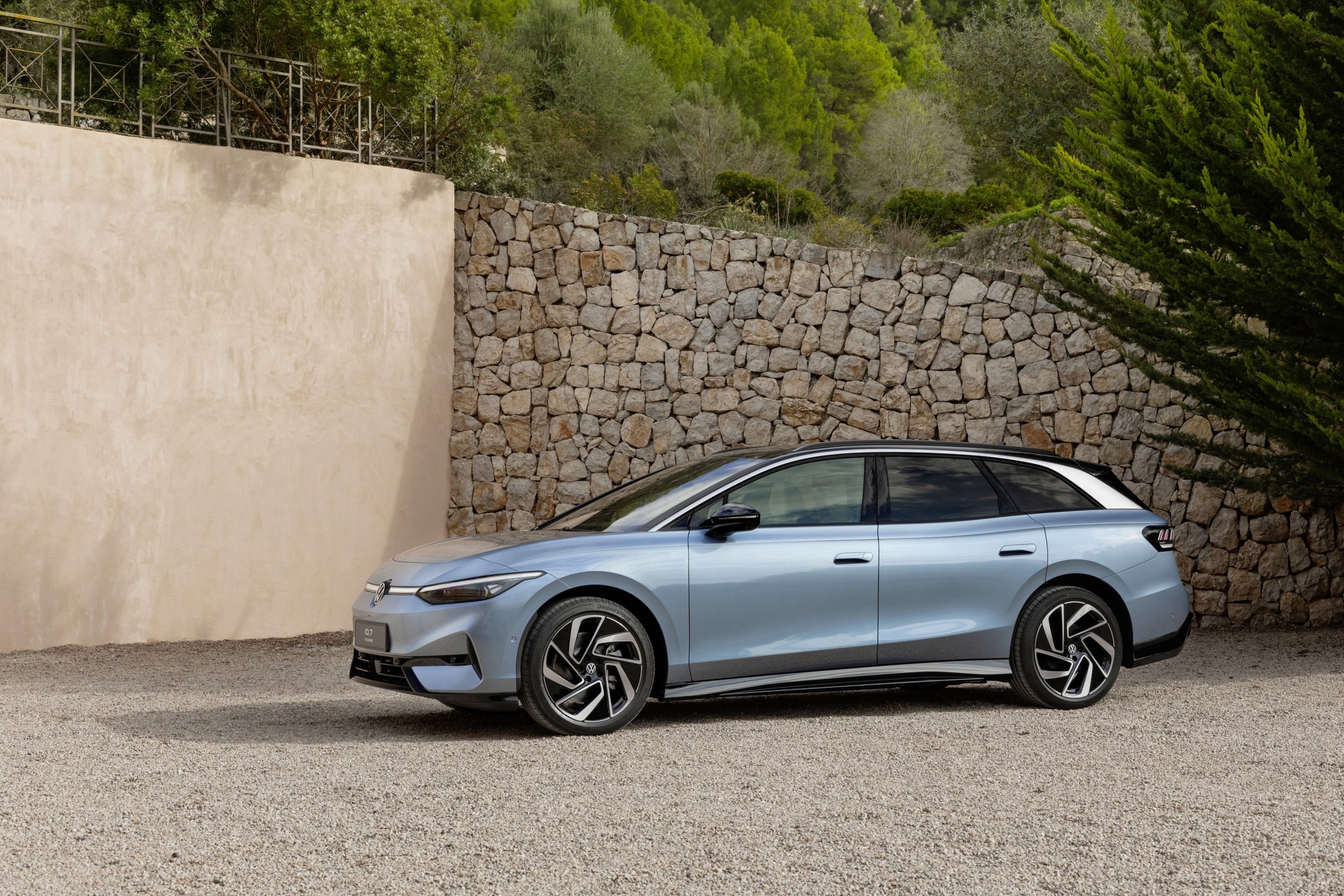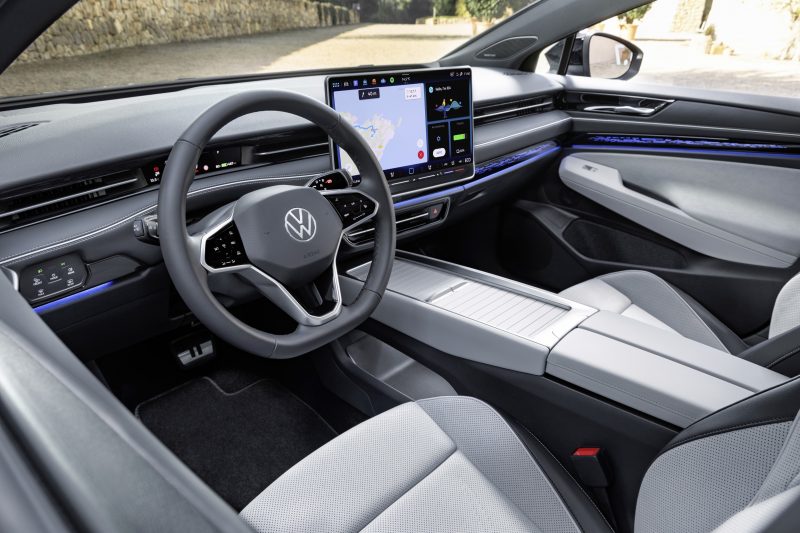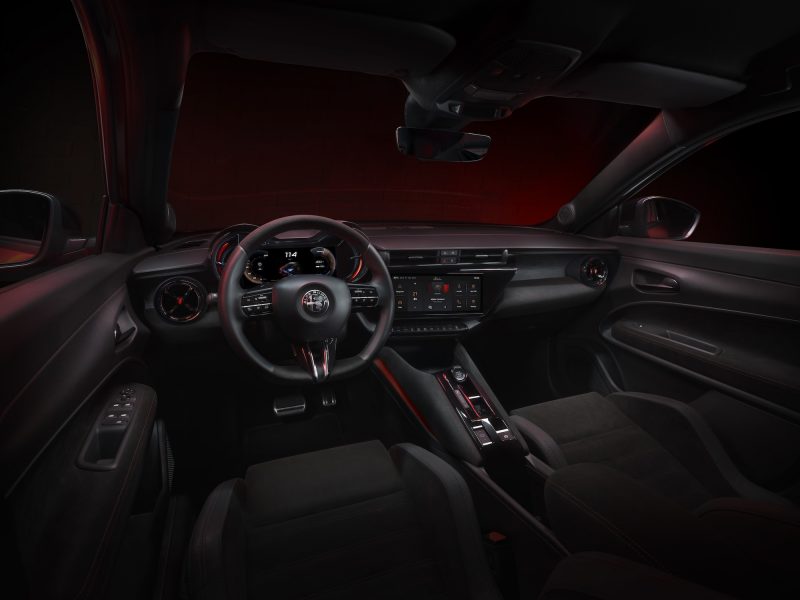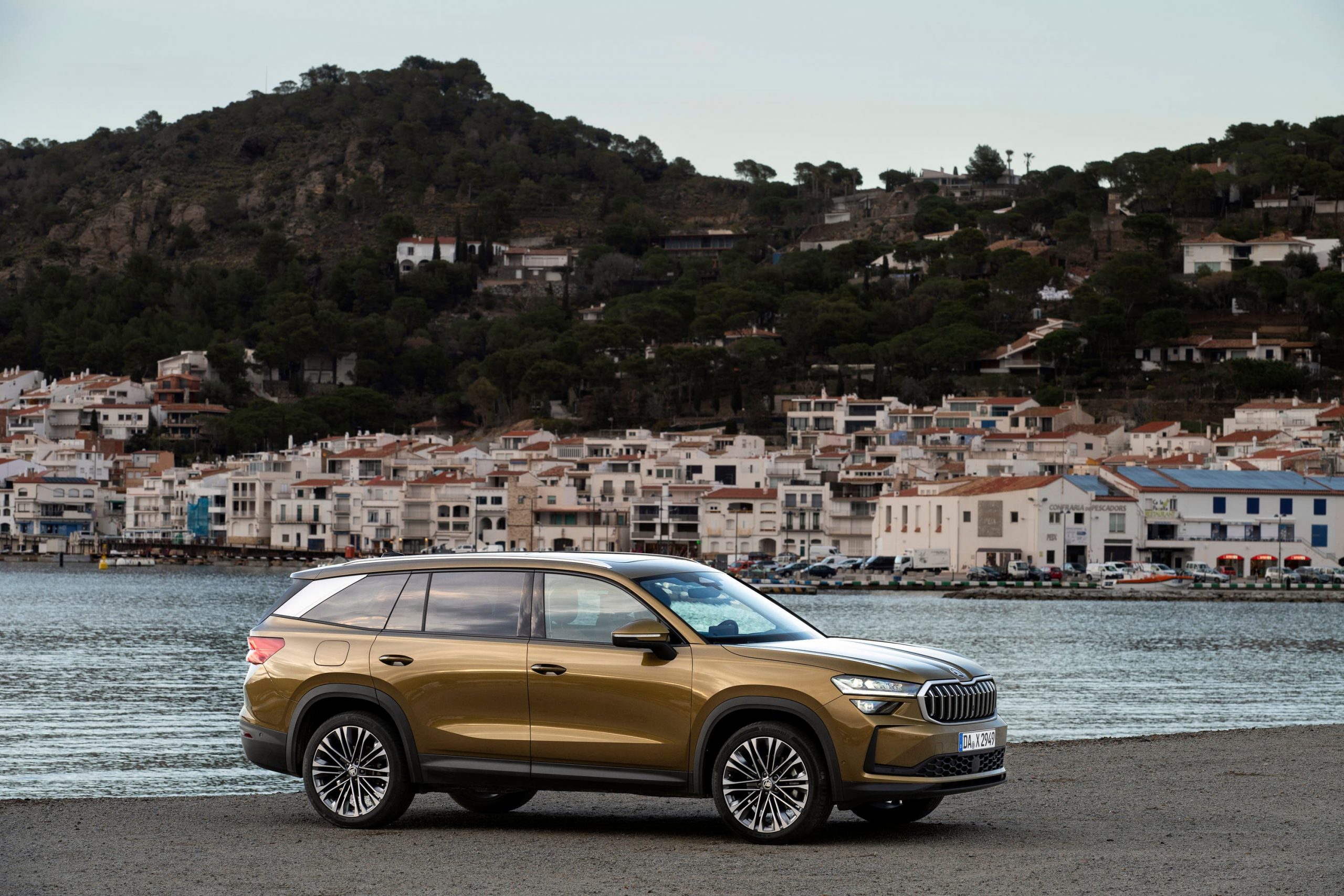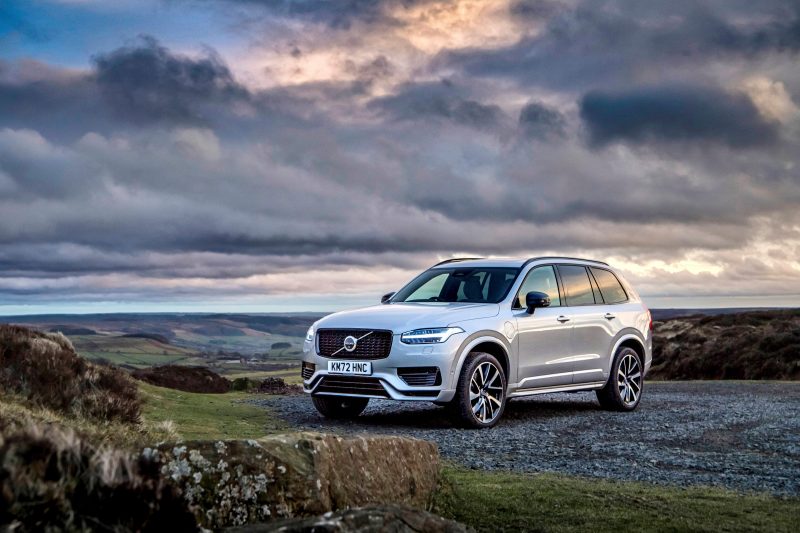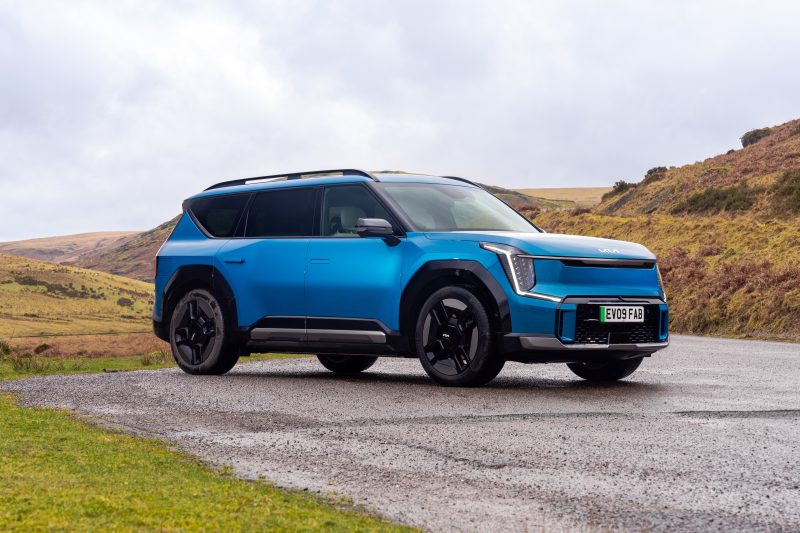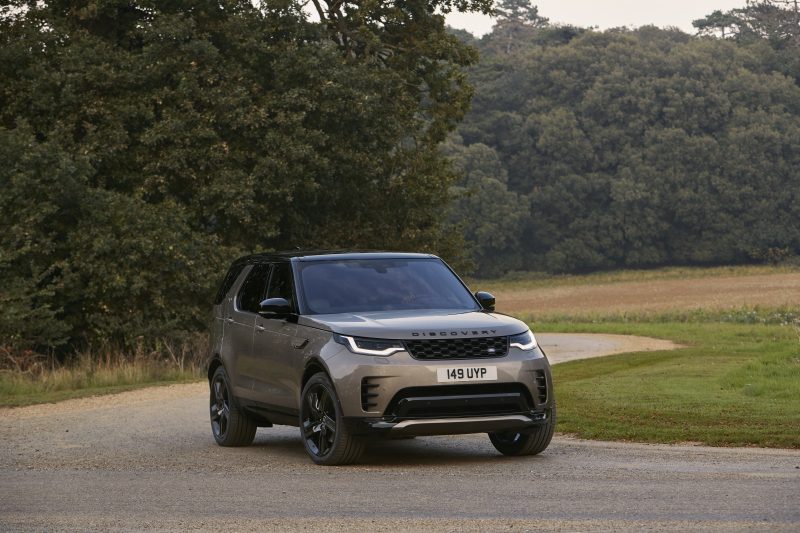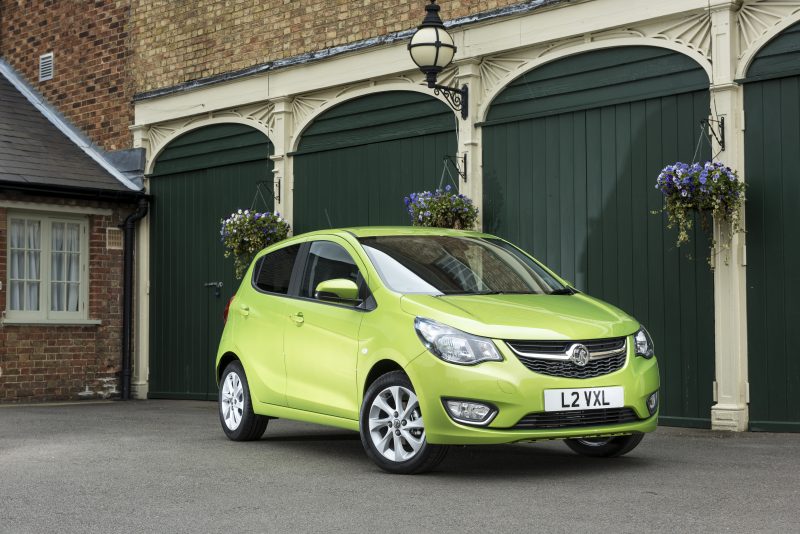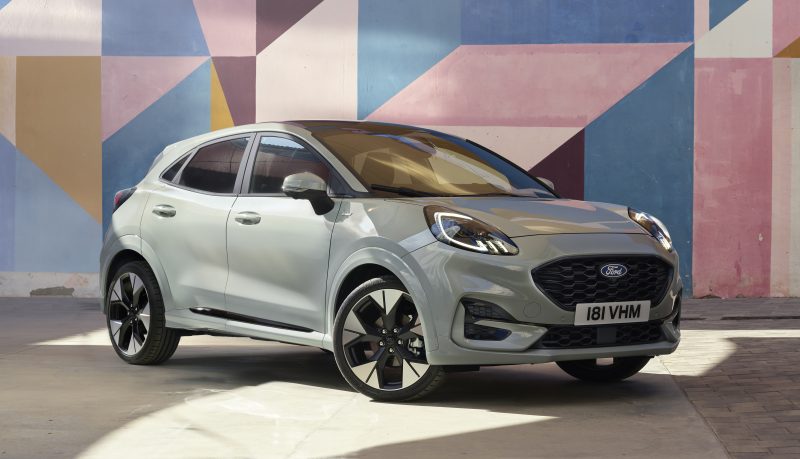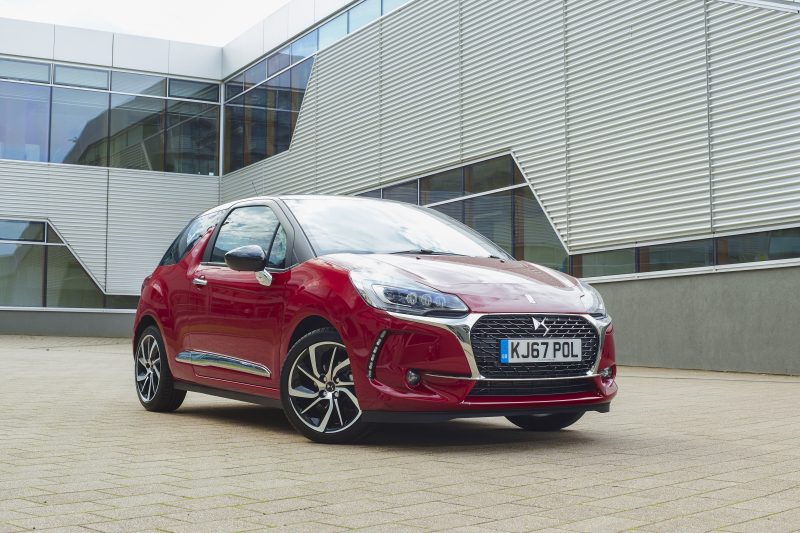The previous generation Land Cruiser has been around since 2009 – so it’s about time Toyota brought a new version to the market.
The Toyota Land Cruiser is one of the toughest and most hard-working vehicles the world has ever seen.
Ever since the Land Cruiser first came to the market back in the early 1950s, there have been many iterations in a wide variety of body styles – including three-door and five-door and there have even been convertible versions, too.
The previous generation Land Cruiser went on sale in 2009 and although several facelifts along the way helped it plod along – they weren’t enough to disguise the fact that the Land Cruiser had had its day.
So, Toyota decided to go back to the drawing board and create a completely new generation of their legendary off-roader.
Here are all the things that you need to know about the new Toyota Land Cruiser.
It has a disconnecting anti-roll bar system
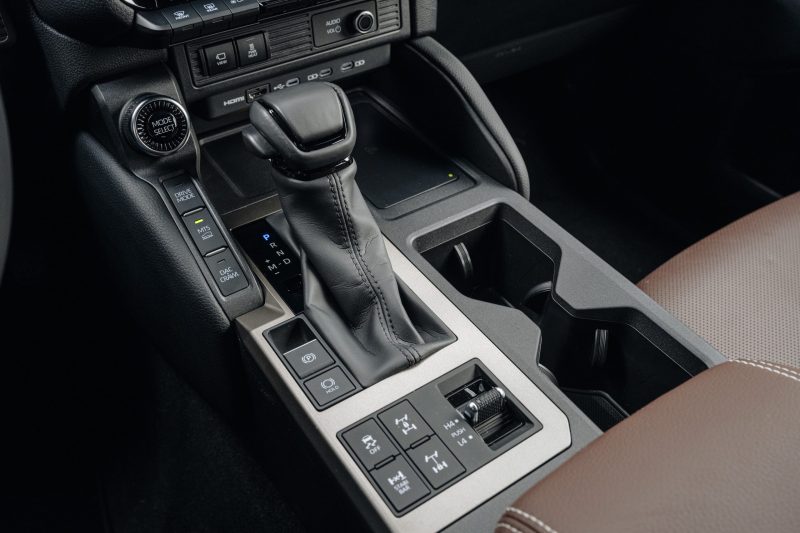
At first, that might sound a bit disconcerting. However, Toyota has developed a system they’re calling a Stabiliser Disconnect Mechanism which helps improve off-road performance while maintaining a comfortable ride on the road.
At the touch of a button on the centre console, the driver can unlock the front anti-roll bar suspension to increase wheel travel.
This enables the vehicle to be easier to manoeuvre over rocky and rough road surfaces while keeping all four wheels on the ground.
It also improves roll rigidity and gives a smoother ride quality for all passengers when driving on rough surfaces – and when the vehicle’s speed increases the anti-roll bar automatically re-locks.
A new body-on-frame chassis has been developed

The new Land Cruiser has a new body on frame chassis called the GA-F platform. The new structure is there to improve body strength and rigidity by having an extra 84 weld points while the side rails and cross member have also been stiffened to help improve rigidity – tailor-welded blanks (which use a lighter steel) help reduce weight, too.
Overall the Land Cruiser’s torsional rigidity is 50 per cent stiffer than it was before and the frame and body combined is 30 per cent better as well.
It’s the first Land Cruiser with electric power steering

Land Cruiser’s of the past used to have hydraulic power steering, however, this new model uses an electrical steering system for the first time.
Electric power steering can reduce the amount of kickback you get from the wheel when driving over rough terrain like rocks and mounds.
Its purpose is to improve the overall feeling of the steering and it benefits by being smoother, more direct and improving the manoeuvrability at all speeds.
A mild hybrid version will be arriving in 2025
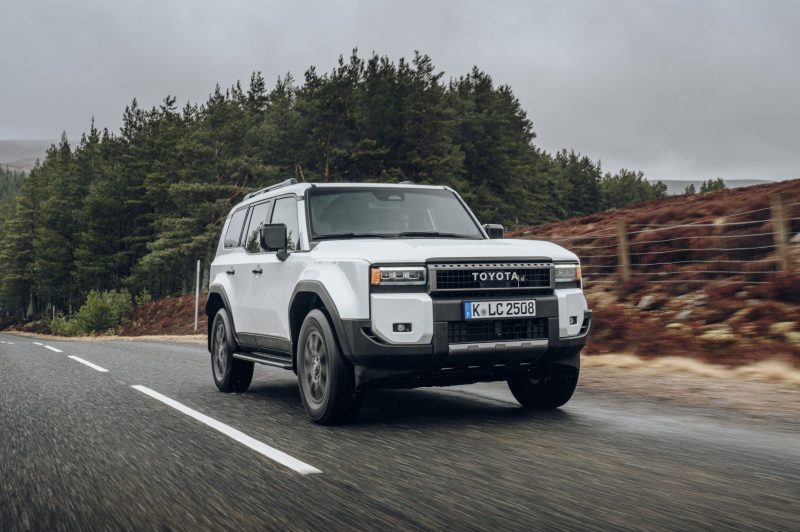
Next year will see the launch of the mild-hybrid version of the new Land Cruiser which will combine the standard 2.8-litre diesel engine with a 48V electric-motor generator, a 48V lithium-ion battery and a stop-start system.
The mild-hybrid system will give a smoother, quieter and more efficient choice among buyers for the Land Cruiser.
There is a Panoramic View Monitor and Multi-Terrain Monitor
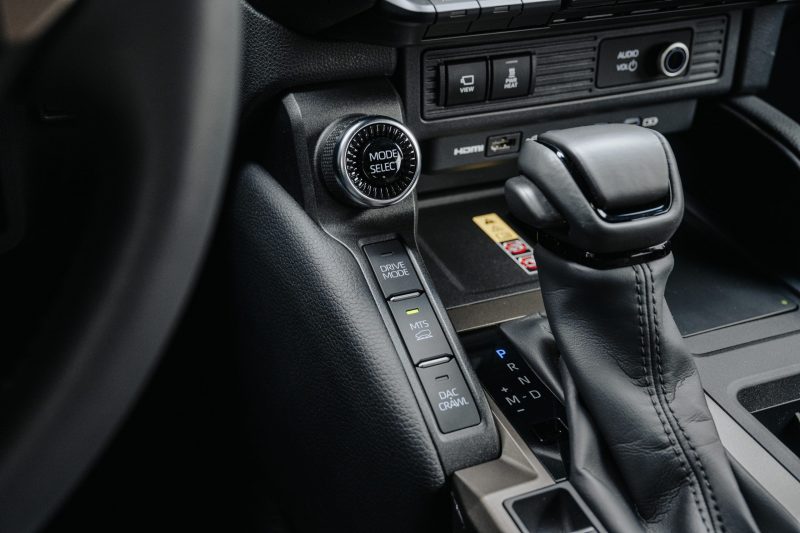
The Panoramic View Monitor or PVM can be used at speeds of up to 7.5mph and can be activated using voice control. The PVM can provide a view to the driver of the surrounding area that the vehicle is in to help reduce any bumps and scrapes from occurring at slow speeds.
The Multi-Terrain Monitor or MTM gives a view of the underside to prevent the driver from damaging the vehicle over bumpy terrains, while also giving guidelines on the monitor of the vehicle and tyre positions.
It has a new suspension setup

The suspension features a new independent double wishbone setup. It’s constructed from high-strength, lightweight components for durable, long-lasting and reliable performance.
The rear anti-roll bar is made from new materials that are lighter and more rigid than before and even more weight is saved by the axle-cross section which is thinner but has a thicker bracket to help with rigidity and strength.
To stop the rear wheels lifting during off-road manoeuvres the Land Cruiser has an increased anti-lift angle and maintains all the wheels on the ground at the same time.
There is a new braking system

The Land Cruiser now features an electronically controlled braking system that enables it to help improve the feel and performance of how the driver responds to braking.
An on-demand pressure system by the vehicle stability control operates in addition to conventional braking systems – which enhances the braking feel.
By Cameron Richards



